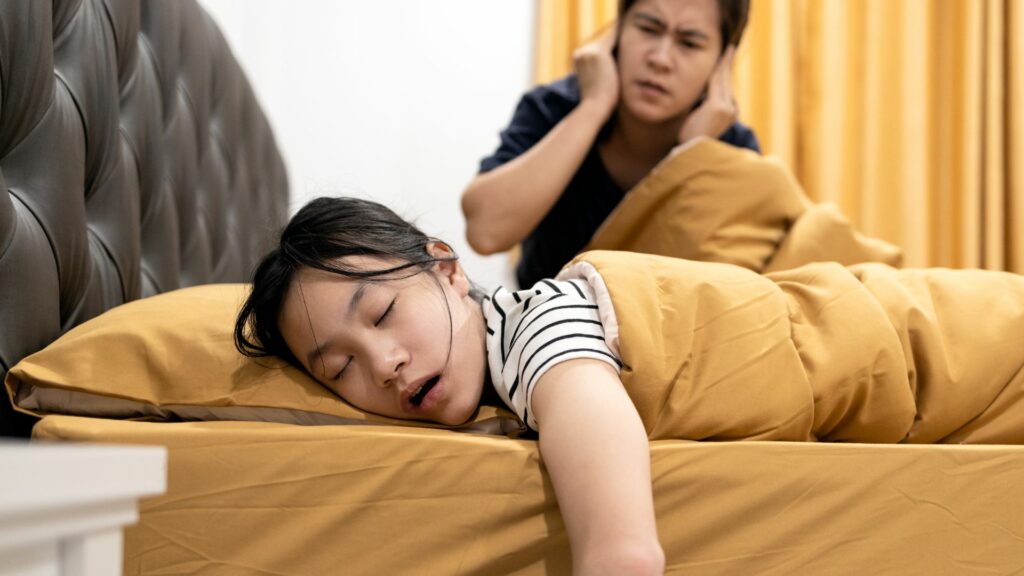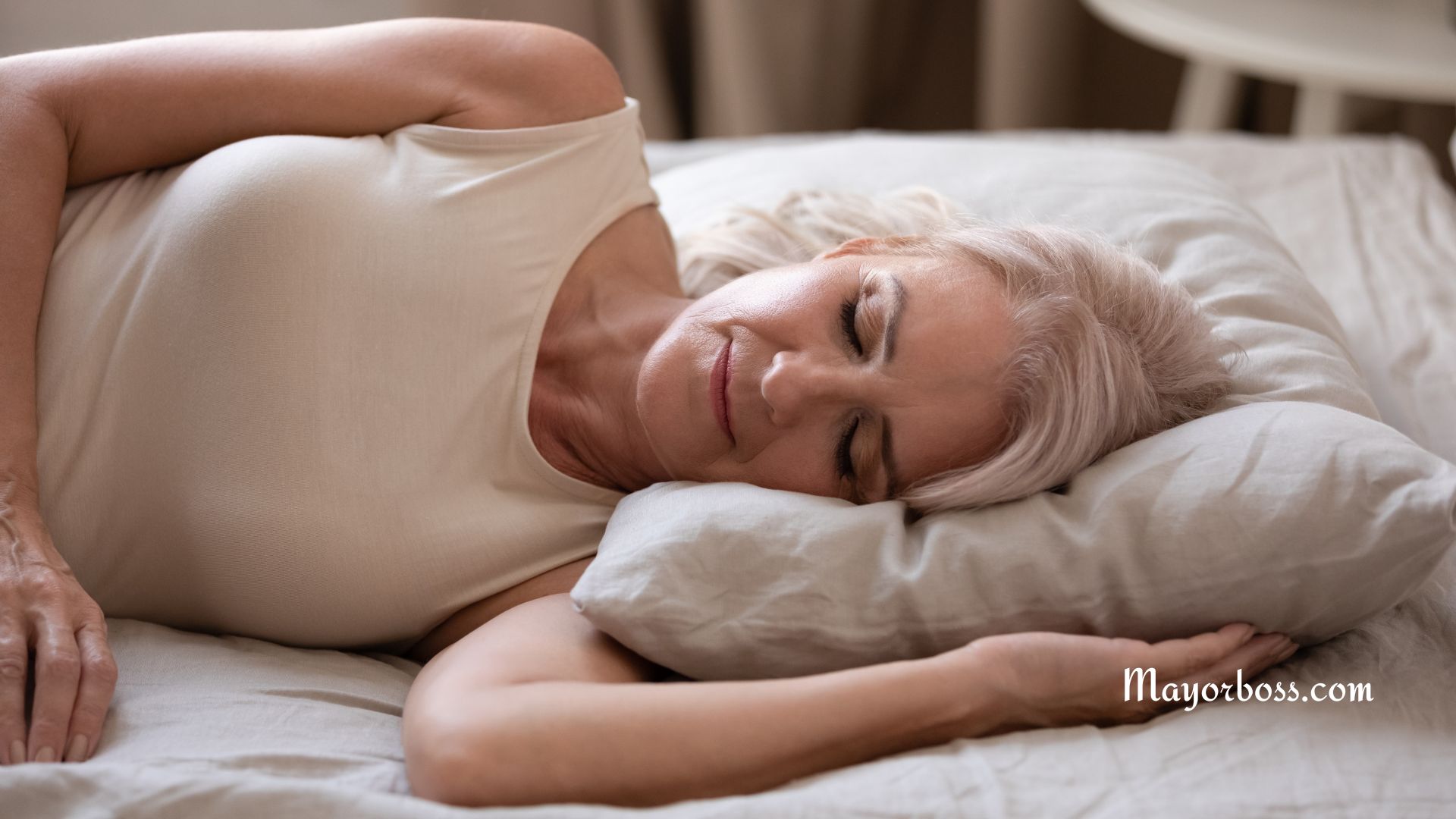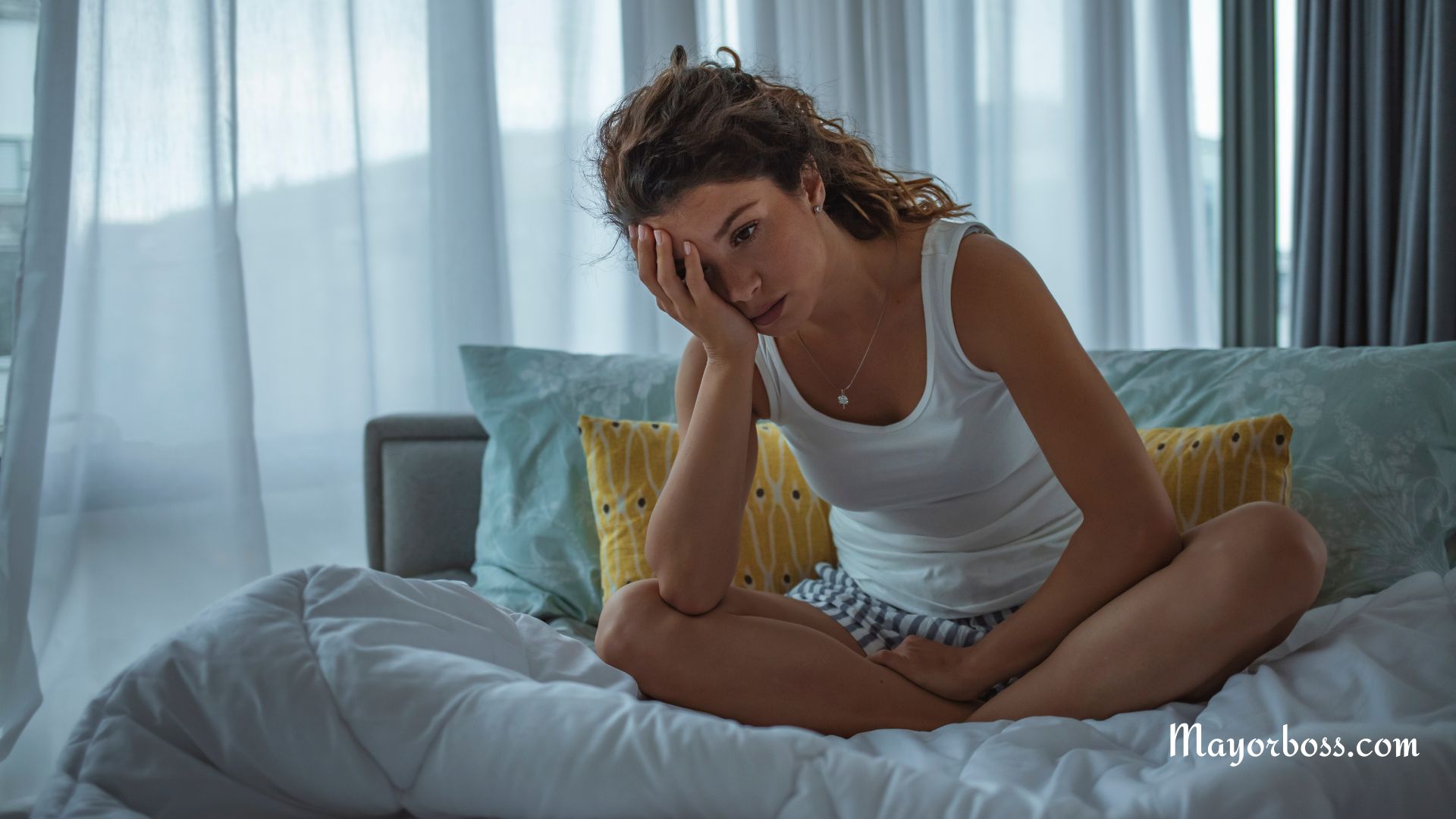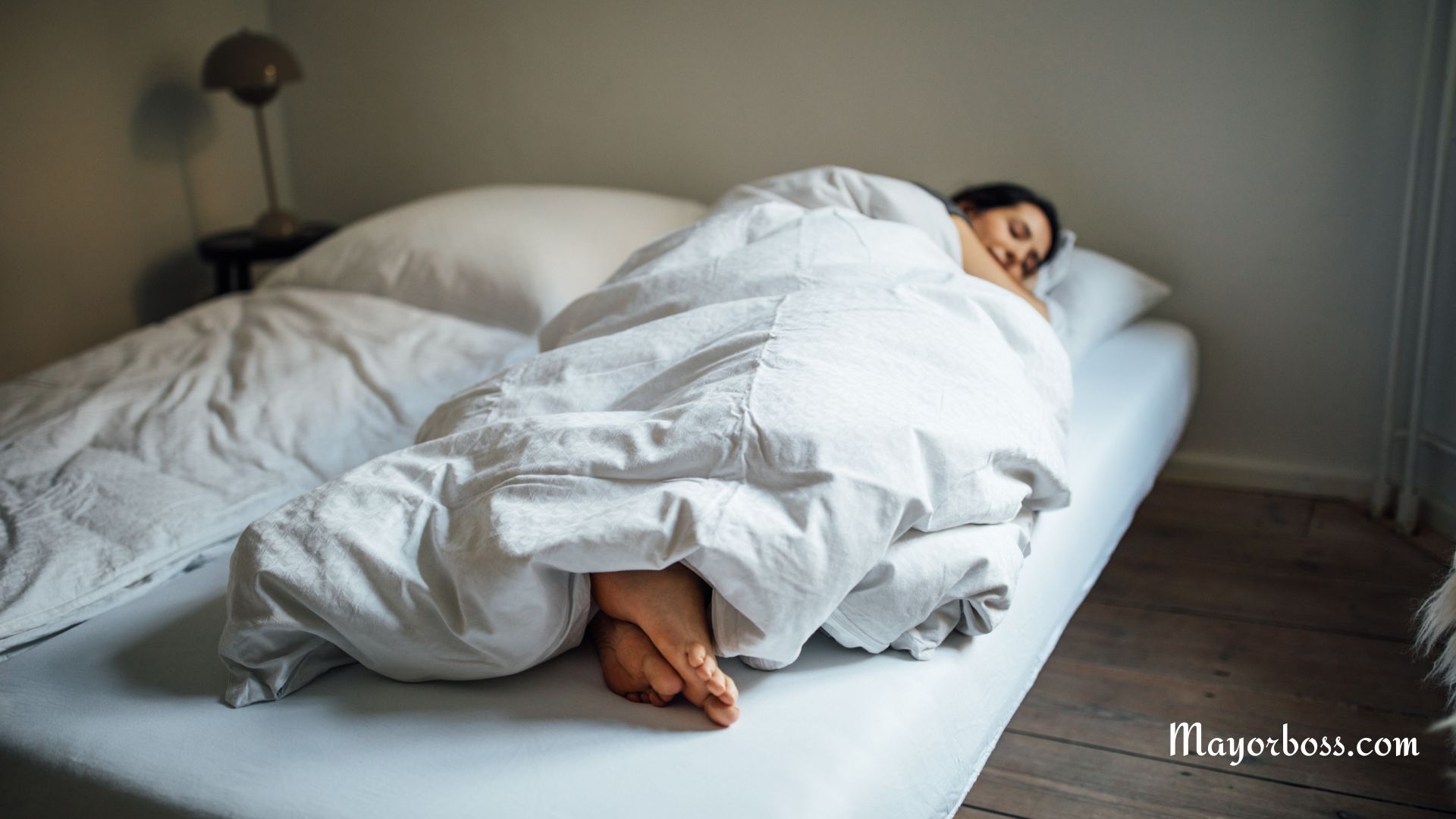Symptoms of Sleep Apnea
Sleep apnea is a dangerous sleep disorder where your breathing frequently stops and starts while you’re asleep. It is characterized by abnormal breathing patterns during sleep and can cause pauses in breathing that last from a few seconds to minutes.
These pauses can occur multiple times throughout the night, leading to fragmented sleep and excessive daytime sleepiness.
Typical signs of sleep apnea include loud snoring, gasping for air during sleep, restless sleep, and daytime fatigue. Left untreated, it can lead to serious health complications such as high blood pressure, heart disease, stroke, and diabetes.
What are the symptoms of sleep apnea?

1. Snoring
The most obvious symptom of sleep apnea is loud snoring. Snoring occurs when the airway becomes partially blocked during sleep, causing the soft tissues in the throat to vibrate.
If your partner or roommate notices that you’re snoring loudly and frequently, it could be a sign that you have sleep apnea.
But does that mean everyone who snores has sleep apnea? Not necessarily. Snoring doesn’t always mean a person has the disorder. However, it should be taken seriously if loud and persistent snoring is present.
2. Choking or gasping during sleep
This symptom is one of the most obvious signs that someone has sleep apnea. People with obstructive sleep apnea (OSA) will often choke or gasp during sleep, which disrupts their usual breathing pattern and forces them to wake up briefly.
This symptom can be quite alarming for the person and any bed partners they have.
3. Waking up several times a night to urinate
Frequent urination during the night is a common sleep apnea symptom. Individuals with sleep apnea may wake up several times to use the bathroom.
According to medical research, low oxygen levels in the body as a result of sleep apnea can lead to the over-production of hormones such as atrial natriuretic, which can cause you to wake up during the night to urinate.
Research suggests that nearly 50% of all people with sleep apnea wake up at night to urinate.
4. Fatigue
Another possible symptom of sleep apnea is daytime fatigue. Someones with untreated sleep apnea often feel tired during the day, even after getting enough hours of restful sleep at night.
This is because their breathing repeatedly stops and starts during the night, preventing them from getting into a deep, restorative sleep cycle.
5. Morning Headaches
Are you waking up with a headache? It could be a sign of sleep apnea. Experts believe that people with sleep apnea experience headaches in the morning due to changes in oxygen levels during the night.
6. Insomnia
Insomnia, or difficulty falling asleep and staying asleep, is another typical symptom of sleep apnea. You may find it difficult to fall asleep, or you may wake up frequently during the night and have difficulty getting back to sleep.
In extreme cases, you may not be able to fall back asleep at all.
7. Difficulty concentrating during the day
More than just feeling fatigued, individuals with sleep apnea may also find it difficult to concentrate during the day. That’s because they are not getting enough restful sleep, leading to a decrease in cognitive function.
For example, you may find yourself zoning out during conversations or having trouble remembering things.
8. Irritability or mood swings
Sleep deprivation can lead to mood swings and irritability, which is another warning sign of sleep apnea. People with sleep apnea may become easily frustrated or have sudden outbursts of anger due to a lack of quality sleep at night.
9. Waking up with a dry mouth or sore throat
People with sleep apnea often wake up with a dry mouth or sore throat. Because breathing through the mouth is common in someone with sleep apnea, it causes the mouth and throat to dry.
Additionally, breathing through the mouth can cause irritation and soreness in the throat.
Other symptoms of sleep apnea may include:
- Sexual dysfunction
- Night sweats
- Depression and anxiety
- Heartburn
The bottom line
Sleep apnea is a serious sleep disorder that can have serious health consequences. If you suspect you or someone you know might have sleep apnea, it’s important to speak with your doctor as soon as possible for diagnosis and treatment.
Fortunately, there are several treatments available for those who suffer from sleep apnea. Depending on the severity of your condition, your doctor may recommend lifestyle changes such as
- losing weight or quitting smoking
- using a continuous positive airway pressure (CPAP) machine
- undergoing surgery
- wearing an oral appliance while sleeping.
By taking steps to treat your sleep apnea, you can help improve not only your physical health but also your mental well-being. So if you think you might have sleep apnea, don’t hesitate to talk to your doctor.
Further reading: 7 Home Remedies for Sleep Apnea






